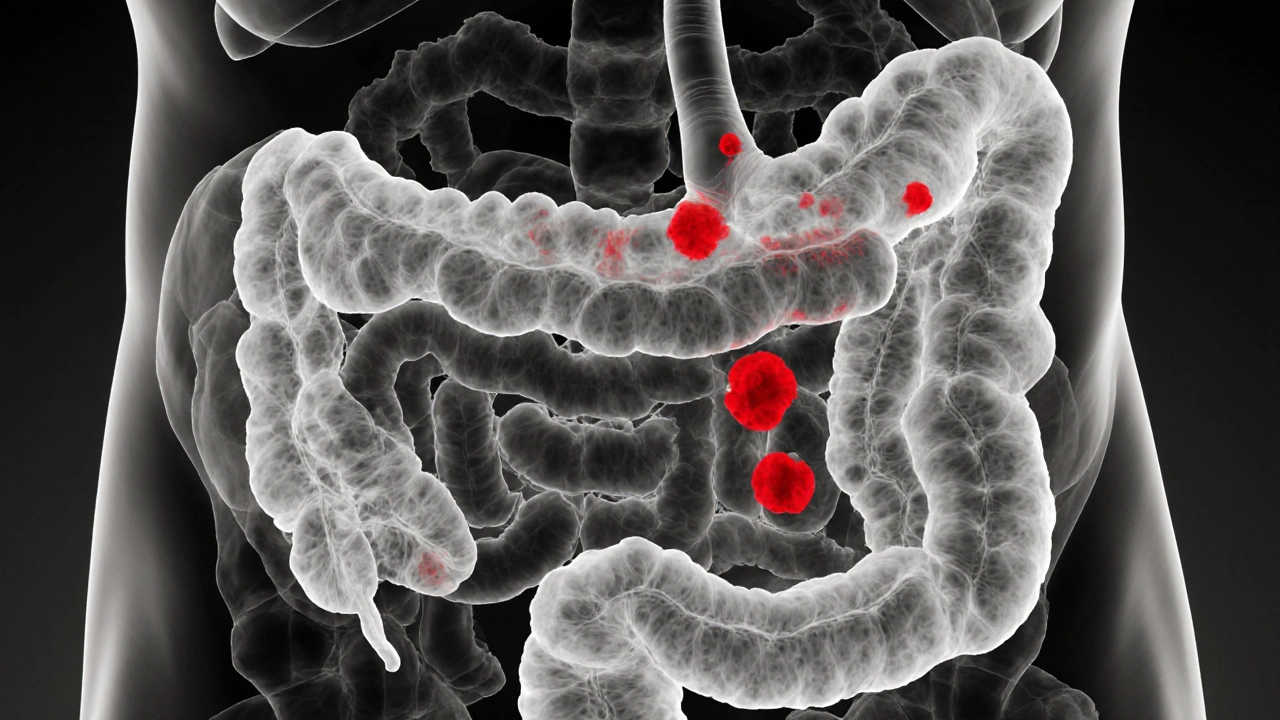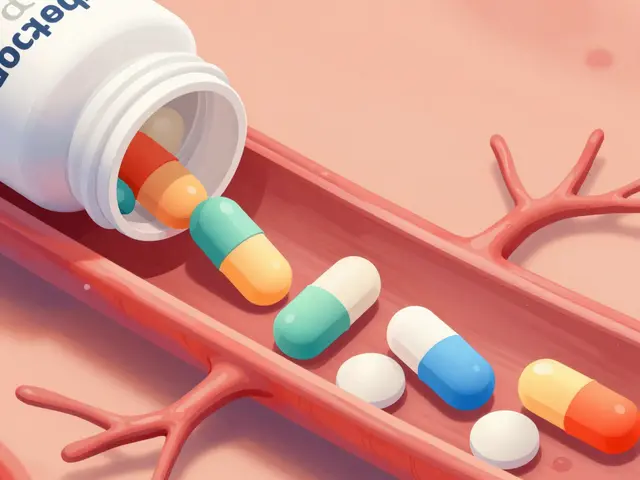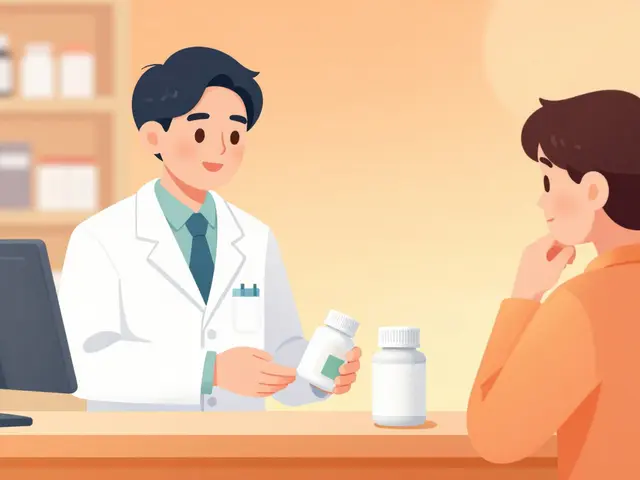Cancer Risk: What Increases It and How to Reduce It
When we talk about cancer risk, the likelihood of developing cancer due to genetic, environmental, or behavioral factors. Also known as cancer susceptibility, it’s not a single number—it’s a mix of things you can control and things you can’t. Most people think cancer just happens, but the truth is, up to half of all cases are linked to modifiable habits. That means your daily choices—what you eat, how much you move, whether you smoke—play a bigger role than most realize.
Lifestyle factors, daily behaviors that influence health outcomes over time like smoking, heavy alcohol use, and being overweight are major drivers of cancer risk. Smoking alone is tied to at least 15 types of cancer, including lung, throat, and bladder. Being overweight raises risk for breast, colon, and pancreatic cancer, not because fat itself causes tumors, but because it changes hormones and triggers inflammation. Then there’s environmental triggers, external exposures that can damage DNA and lead to uncontrolled cell growth—like UV radiation from the sun, asbestos in old buildings, or air pollution in big cities. These aren’t just distant threats; they’re part of daily life for many people.
But here’s the good part: screening methods, medical tests designed to catch cancer early before symptoms appear can cut your risk of dying from it dramatically. Colonoscopies find and remove precancerous polyps. Mammograms spot breast cancer when it’s still treatable. HPV tests and Pap smears prevent cervical cancer before it starts. These aren’t optional extras—they’re lifesaving tools, and they work best when done regularly.
You don’t need to be perfect. Cutting back on processed meats, walking 30 minutes most days, skipping tanning beds, and getting recommended screenings are enough to make a real difference. Cancer risk isn’t destiny. It’s a pattern—and patterns can be broken.
Below, you’ll find clear, no-fluff comparisons of medications, treatments, and prevention strategies tied directly to cancer risk and its related health conditions. From how certain drugs affect inflammation to how chronic infections like hepatitis B can lead to liver cancer, these posts give you the facts you need to make smarter choices—without the hype.
Learn how polyposis raises colorectal cancer risk, the genetics behind it, screening guidelines, prevention tips, and FAQs for living with the condition.



